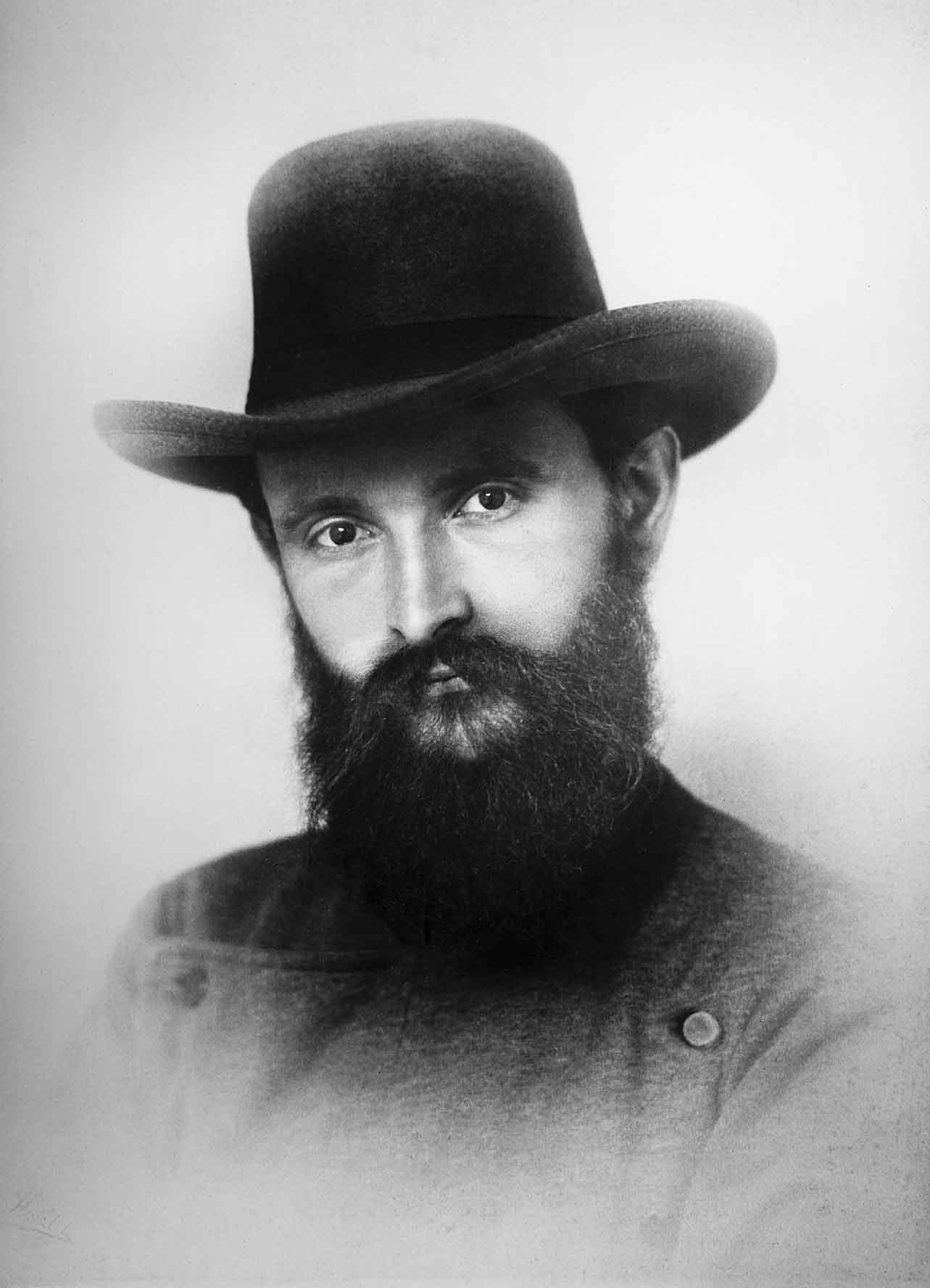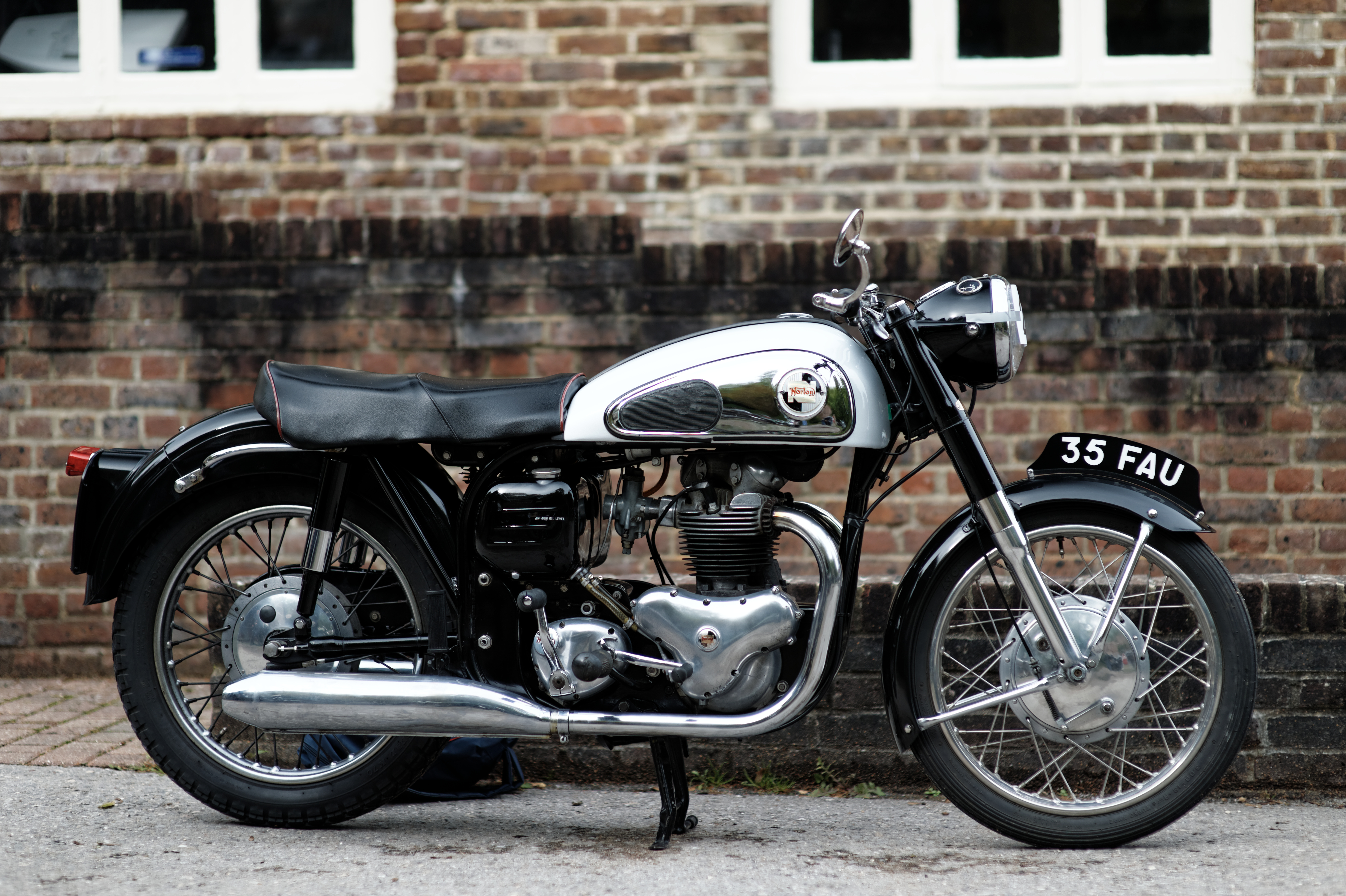|
Motorcycle Stability Control
Motorcycle Stability Control (MSC) is a motorcycle electronic brake control system developed by Robert Bosch GmbH. It is a lean-sensitive variation of the traditional ABS system Anti-lock braking system. The MSC system uses accelerometers and/or gyroscopic sensors to evaluate how close to the limit of adhesion the motorcycle is cornering. It reduces the allowable braking tire slip ratio, reducing the braking force, thus preventing the tire skid, and keeping the motorcycle from falling into the turn, or low-siding. Unlike the automotive Electronic stability control, the MSC engages only if the rider is using the brakes. The system redistributes the total force generated by the tire by reducing the longitudinal braking force and allowing the lateral cornering force to increase up to the limit of adhesion, if needed to maintain the lean angle of the motorcycle. It cannot prevent motorcycle crashes if they are caused by a loss of traction on slippery surfaces when the rider is only co ... [...More Info...] [...Related Items...] OR: [Wikipedia] [Google] [Baidu] |
Robert Bosch GmbH
Robert Bosch GmbH (; ), commonly known as Bosch and stylized as BOSCH, is a German multinational engineering and technology company headquartered in Gerlingen, Germany. The company was founded by Robert Bosch in Stuttgart in 1886. Bosch is 92% owned by Robert Bosch Stiftung, a charitable institution. Although the charity is funded by owning the vast majority of shares, it has no voting rights and is involved in health and social causes unrelated to Bosch’s business. Bosch's core operating areas are spread across four business sectors: mobility (hardware and software), consumer goods (including household appliances and power tools), industrial technology (including drive and control) and energy and building technology. History 1886–1920 The company started in a backyard in Stuttgart-West as the ''Werkstätte für Feinmechanik und Elektrotechnik'' (''Workshop for Precision Mechanics and Electrical Engineering'') on 15 November 1886. The next year Bosch presented a low v ... [...More Info...] [...Related Items...] OR: [Wikipedia] [Google] [Baidu] |
Anti-lock Braking System
An anti-lock braking system (ABS) is a safety anti-skid braking system used on aircraft and on land vehicles, such as cars, motorcycles, trucks, and buses. ABS operates by preventing the wheels from locking up during braking, thereby maintaining tractive contact with the road surface and allowing the driver to maintain more control over the vehicle. ABS is an automated system that uses the principles of threshold braking and cadence braking, techniques which were once practiced by skillful drivers before ABS was widespread. ABS operates at a much faster rate and more effectively than most drivers could manage. Although ABS generally offers improved vehicle control and decreases stopping distances on dry and some slippery surfaces, on loose gravel or snow-covered surfaces ABS may significantly increase braking distance, while still improving steering control. Since ABS was introduced in production vehicles, such systems have become increasingly sophisticated and effective. Mode ... [...More Info...] [...Related Items...] OR: [Wikipedia] [Google] [Baidu] |
Electronic Stability Control
Electronic stability control (ESC), also referred to as electronic stability program (ESP) or dynamic stability control (DSC), is a computerized technology that improves a vehicle's stability by detecting and reducing loss of traction ( skidding). When ESC detects loss of steering control, it automatically applies the brakes to help steer the vehicle where the driver intends to go. Braking is automatically applied to wheels individually, such as the outer front wheel to counter oversteer, or the inner rear wheel to counter understeer. Some ESC systems also reduce engine power until control is regained. ESC does not improve a vehicle's cornering performance; instead, it helps reduce the chance of the driver losing control of the vehicle. According to the U.S. National Highway Traffic Safety Administration and the Insurance Institute for Highway Safety in 2004 and 2006 respectively, one-third of fatal accidents could be prevented by the use of the technology. In Europe the elect ... [...More Info...] [...Related Items...] OR: [Wikipedia] [Google] [Baidu] |
KTM 1190 Adventure
The KTM 1190 Adventure is a 1195 cc V-twin adventure touring motorcycle from the Austrian manufacturer KTM. The model was revealed at the October 2012 Intermot trade show for the 2014 model year. The motor is based on the powerplant in the RC8 sportbike. Like the RC8, and unlike its predecessor the 990 Adventure, the 1190 Adventure uses ride-by-wire throttle. ''Cycle World'' and ''Motor Cycle News ''MCN'' or ''Motor Cycle News'' is a UK weekly Motorcycle, motorcycling newspaper published by Bauer Verlagsgruppe, Bauer Consumer Media, based in Peterborough, United Kingdom. It claims to be "the world’s biggest weekly motorcycle newspape ...'' noted the electronic rider aids including ride-by-wire and electronic suspension control, up until now foregone by KTM to emphasize off-road performance, are intended to position the 1190 Adventure against technologically advanced street-going rivals like the Ducati Multistrada 1200. It is the first bike with Bosch's Anti-Lowsid ... [...More Info...] [...Related Items...] OR: [Wikipedia] [Google] [Baidu] |
Motorcycle Technology
A motorcycle (motorbike, bike, or trike (if three-wheeled)) is a two or three-wheeled motor vehicle steered by a handlebar. Motorcycle design varies greatly to suit a range of different purposes: long-distance travel, commuting, cruising, sport (including racing), and off-road riding. Motorcycling is riding a motorcycle and being involved in other related social activity such as joining a motorcycle club and attending motorcycle rallies. The 1885 Daimler Reitwagen made by Gottlieb Daimler and Wilhelm Maybach in Germany was the first internal combustion, petroleum-fueled motorcycle. In 1894, Hildebrand & Wolfmüller became the first series production motorcycle. Globally, motorcycles are comparably popular to cars as a method of transport. In 2021, approximately 58.6 million new motorcycles were sold around the world, fewer than the 66.7 million cars sold over the same period. In 2014, the three top motorcycle producers globally by volume were Honda (28%), Yamaha (17%) ... [...More Info...] [...Related Items...] OR: [Wikipedia] [Google] [Baidu] |

